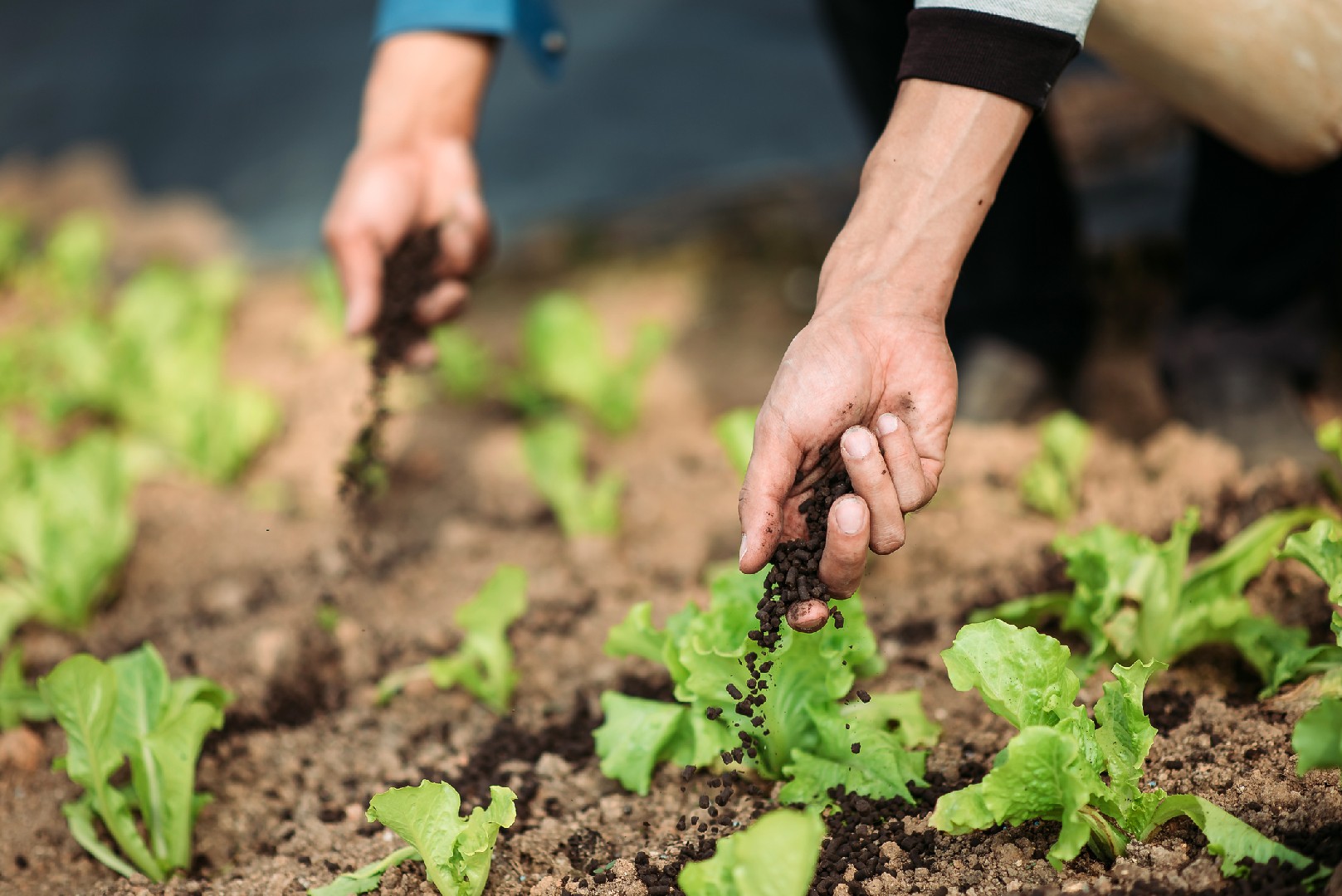Organic fertilizers are an essential part of nourishing your garden and ensuring the production of nutrient-rich produce. While there are many commercial organic fertilizers available in the market, making your own can be a rewarding and cost-effective option. Not only do homemade organic fertilizers provide the necessary nutrients for your plants, but they also promote soil health and sustainability. In this section, we will explore the benefits of homemade organic fertilizers and explain how to make your own compost, worm castings, green manure, and homemade organic liquid fertilizers. Additionally, we will provide guidelines and best practices for applying homemade fertilizers.
One of the primary benefits of homemade organic fertilizers is that they are free from synthetic chemicals, pesticides, and preservatives that can harm the environment and the health of your plants. By making your own fertilizers, you have control over the ingredients and can ensure that they are safe and tailored to the specific needs of your garden.
Compost is a valuable organic fertilizer and soil amendment that you can easily make at home. It is created by decomposing organic matter, such as kitchen scraps, yard waste, and shredded newspaper. To make compost, start by collecting your organic waste in a compost bin or pile. Make sure to include a mix of "green" materials, such as fruit and vegetable scraps, and "brown" materials, such as dried leaves and wood chips. Turn the compost regularly to provide oxygen for the decomposition process, and in a few months, you will have nutrient-rich compost that can be added to your garden beds.
Worm castings, also known as vermicompost, are another excellent source of organic fertilizer. Vermicomposting involves using worms to break down organic waste into nutrient-rich castings. To create worm castings, you will need a worm bin or a special vermicomposting system. Start by adding bedding materials, such as shredded newspaper or coconut coir, to the bin. Then, introduce red worms and feed them with kitchen scraps. As the worms eat the organic matter, they produce castings that are high in nutrients and beneficial microorganisms. Harvest the worm castings by separating them from the bedding, and use them as a top dressing or mix them into your potting soil.
Green manure, also known as cover crops, are another effective way to nourish your garden. These crops are grown specifically to improve soil fertility and structure. Depending on your climate and growing season, you can choose from a variety of cover crops, such as clover, buckwheat, or vetch. Sow the seeds in your garden beds and let them grow for a specific period of time, usually a few weeks to a few months. Then, either mow or till the cover crops into the soil. As they decompose, they release nutrients and organic matter that enrich the soil.
In addition to compost, worm castings, and green manure, you can also create homemade organic liquid fertilizers. These fertilizers are made by steeping nutrient-rich ingredients in water and using the resulting solution to feed your plants. Some popular ingredients for homemade liquid fertilizers include seaweed, fish emulsion, and compost tea. Simply mix these ingredients with water, let them steep for a period of time, and strain the liquid before applying it to your plants.
When applying homemade organic fertilizers, it is essential to follow some guidelines and best practices. First, always test your soil to determine its nutrient content and pH level. This information will help you determine the appropriate type and amount of fertilizer to use. Second, apply fertilizers in moderation, as overfertilizing can harm your plants and leach nutrients into the environment. Third, make sure to apply fertilizers evenly and avoid direct contact with plant leaves to prevent burning. Finally, keep track of your fertilizing schedule and adjust it as needed based on the growth and health of your plants.
By making your own organic fertilizers, you can nourish your garden in a sustainable and cost-effective manner. Whether you choose to create compost, worm castings, green manure, or homemade liquid fertilizers, you will be providing your plants with the essential nutrients they need to thrive. Additionally, by using homemade organic fertilizers, you are promoting soil health and contributing to the overall sustainability of your garden. So roll up your sleeves and start experimenting with these DIY organic fertilizers today!





